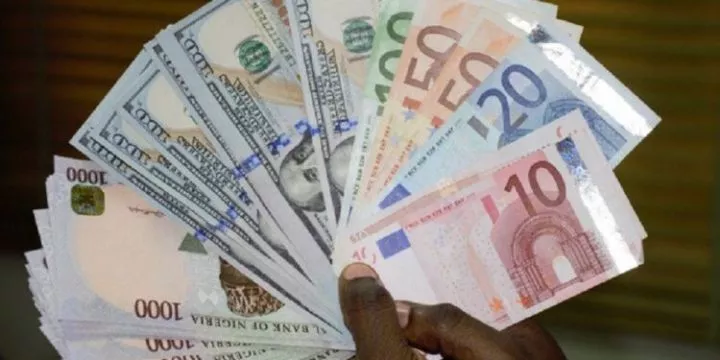
The local currency exceeded the N1,160 threshold against the US dollar despite a significant decline in the dollar index during the week's last trading session.
The naira was valued as low as N1,670 against the haven currency on the black market in major Nigerian cities.
Market fundamentals attribute such fluctuation to seasonality. The Nigerian upper class typically travels during this time of year or needs to pay for their children's education abroad.
The naira gained 4.8% on Wednesday after the government successfully raised $900 million in its first domestic dollar bond; however, the loss reversed this gain. Dollar shortages were cited as the reason for the 48% decline in domestic dollar liquidity.
President Bola Tinubu removed regulations last year that kept the currency artificially overvalued in the hopes of attracting foreign investment.
However, the currency has lost more than two-thirds of its value relative to the dollar. According to a CBN poll, Nigerian firms anticipate that the naira will fall further between now and December, but they expect it to strengthen next year.
Additionally, the local currency's present situation defies the forecasts of analysts at Renaissance Capital, Goldman Sachs, and Financial Derivatives Company, who all predicted that the naira would settle at N1,000 or less.
U.S. dollar index sinks lower at Friday's trading session
The US Dollar Index, which measures the greenback's strength against a basket of major currencies, was down on Friday as markets continued to digest this week's inflation data. By the end of the week, expectations increased slightly that the Federal Reserve would cut interest rates by 50 basis points during its upcoming meeting.
Technical indicators for the DXY index have turned negative and started to decline again. Notably, the index crossed below its 20-day Simple Moving Average (SMA) and above the 101.2 support line, signaling a shift in momentum to the downside.
Media sources suggest that the Federal Reserve may announce a substantial 50 basis point interest rate decrease at its policy meeting next week. This caused the value of the US dollar to plummet on Friday to its lowest level in almost nine months against the Japanese yen.
Market expectations reportedly shifted after a former Fed official advocated for a significant rate cut and reports indicated that a 50-basis point reduction remains possible. The likelihood of a 50-basis point easing by the Fed at the end of its two-day meeting on Wednesday is priced into the U.S. rate futures market at 51%, up from roughly 15% early on Thursday. Additionally, futures traders have increased their 2024 rate cut projections from 107 basis points to 117 basis points.
The greenback recovered some of its losses after data showed that consumer confidence in the United States rose in September despite declining inflation. The University of Michigan's preliminary estimate of the overall consumer sentiment index for this month was 69.0, up from the final reading of 67.9 in August. Economists surveyed by Reuters had projected an initial score of 68.5.
U.S. economic data released this week indicated that the measure of consumer price inflation-which excludes volatile food and energy prices-rose more than expected in August, suggesting that the standard 25-basis point decrease is still expected next week.
However, on Friday, Bill Dudley, the former president of the New York Fed, fueled further speculation about a possible 50-basis point cut in interest rates. He stated that rates were currently 150-200 basis points above the so-called neutral rate, which is the threshold at which policy is neither accommodating nor restrictive for the U.S. economy, making a strong case for lowering them.

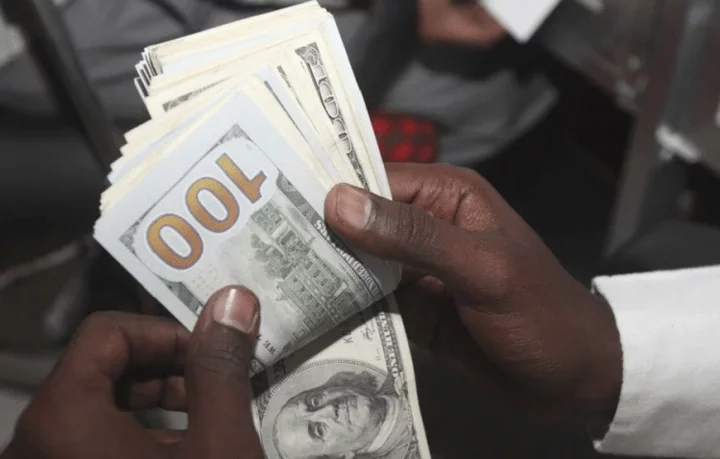
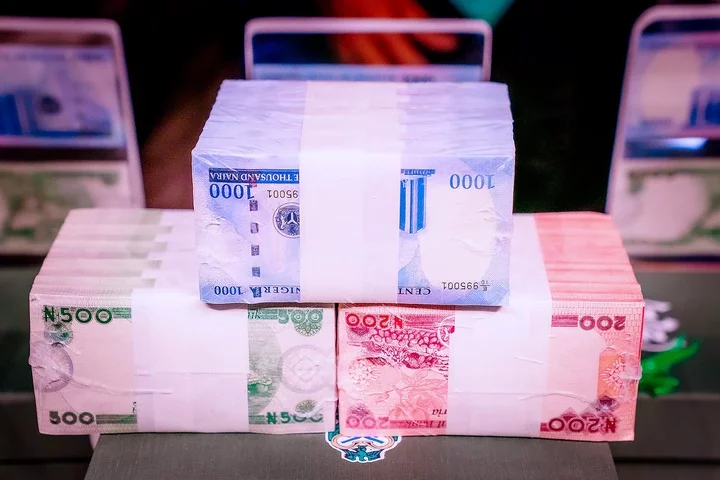
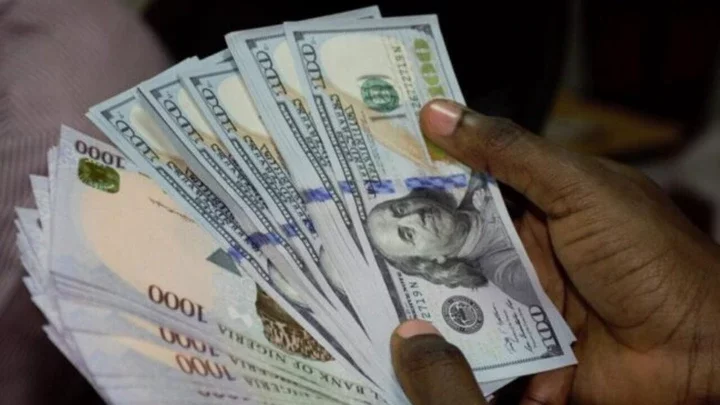
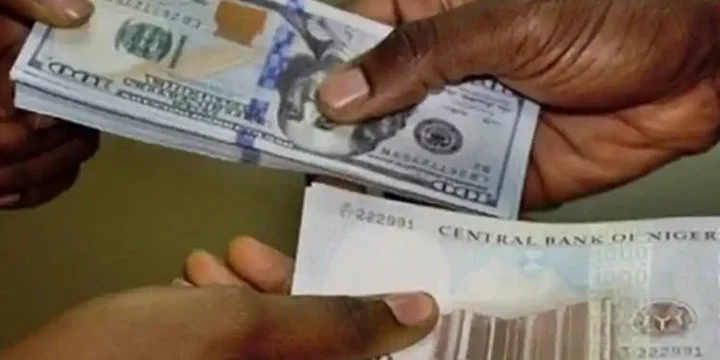
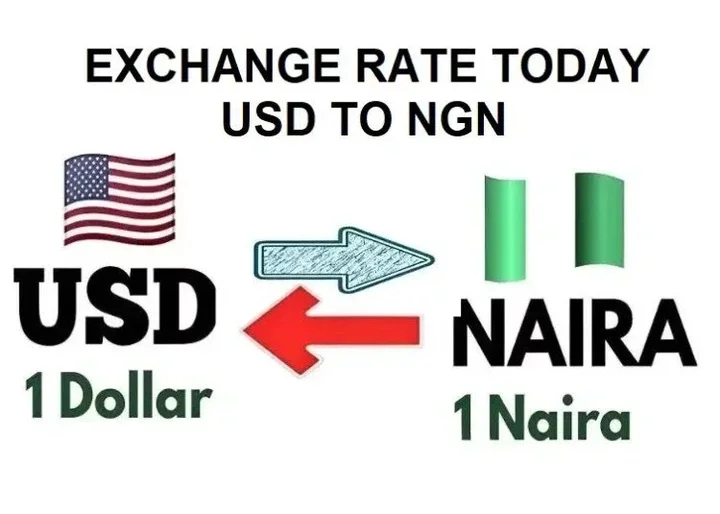
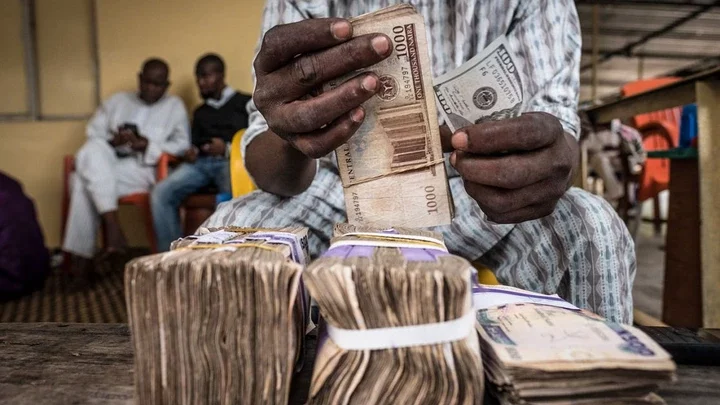










Comments